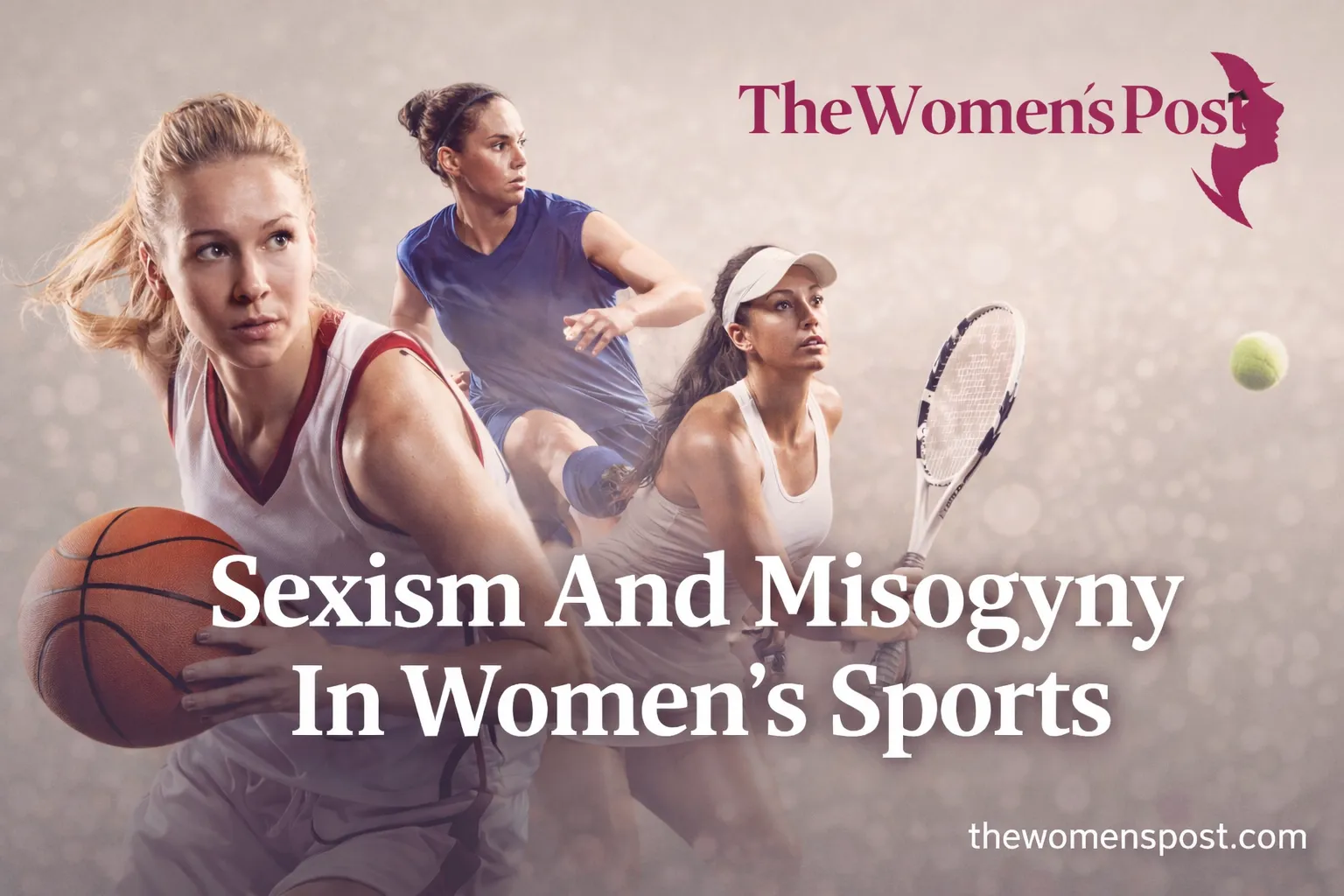Fashion & Beauty: Female Founders Disrupting Traditional Markets

The fashion and beauty industry has long been dominated by established brands, conventional beauty standards, and traditional business models. But in the last decade, we’ve witnessed a massive shift, thanks to a wave of fearless female entrepreneurs who are shaking up the industry. From sustainable fashion to inclusive beauty, these women are not just launching businesses; they’re starting revolutions.
So, let’s talk about these trailblazing women, their disruptive brands, and how they are transforming the way we see fashion and beauty.
Rethinking Beauty Standards: The Rise of Inclusive Beauty Brands
For years, the beauty industry focused on a limited notion of beauty: fair skin, beautiful complexion, and perfectly symmetrical features. However, women founders are challenging these antiquated conventions by developing products that promote diverse skin tones, body shapes, and identities.
- Fenty Beauty by Rihanna: The Game Changer
Rihanna did more than simply create a cosmetics company; she ignited a movement. When Fenty Beauty debuted in 2017, it offered 40 colours of foundation (now 50+), appealing to a wide demographic that conventional companies had long disregarded. What’s the impact? Other firms were pushed to follow suit, and inclusion became the new industry norm.
- Huda Beauty by Huda Kattan: From beauty blogger to billionaire
Huda Kattan transformed her love for cosmetics into a global enterprise. She began as a beauty blogger, but her audience’s dissatisfaction with restricted cosmetic alternatives inspired her to launch Huda Beauty, which is now a billion-dollar company. Her secret? Listening to genuine people’s needs rather than following out-of-date market trends.
Sustainable fashion: Because style should not cost the earth
Fast fashion is convenient, but it has severe environmental repercussions. Female entrepreneurs are demonstrating that clothes can be fashionable, ethical, and sustainable.
- Stella McCartney, the pioneer of ethical luxury
Stella McCartney’s cruelty-free, eco-conscious luxury company made waves even before the term “sustainable fashion” became popular. She demonstrated that high fashion does not need to rely on leather, fur, or inefficient production methods. Her brand demonstrates that sustainability and elegance can coexist.
- Reformation: Making Sustainability Cool
Reformation, founded by Yael Aflalo, creates eco-friendly clothes that appeals to the Instagram generation. Reformation demonstrates that staying green does not have to entail losing elegance.
Disrupting the Skincare Industry with Science-Based and Honest Beauty
Gone are the days of deceptive beauty advertisements and amazing “miracle” lotions. Today’s skincare businesses, driven by women, prioritise openness, research, and tangible outcomes.
- Tiffany Masterson’s Drunk Elephant Skincare: Without the B.S.
Tiffany Masterson founded Drunk Elephant with a simple yet groundbreaking concept: eliminate hazardous substances from cosmetics. Her “Suspicious 6” list (no essential oils, drying alcohols, silicones, chemical sunscreens, perfumes, or SLS) appealed to customers tired of overly complex skincare procedures.
- Glossier by Emily Weiss: The Power of Community-Driven Beauty
Emily Weiss transformed Into the Gloss, a beauty blog, into one of today’s most prominent beauty businesses. Glossier’s success stems from its direct relationship with consumers. Instead of prescribing trends, the company listens to its audience and offers items that they genuinely desire.
Disrupting Lingerie: Comfort vs Objectification
For years, lingerie was made with the male gaze in mind, as seen by push-up bras, false size, and unnecessary lace. But female founders are altering the story.
- Rihanna’s Savage X Fenty redefines sex for everyone
Rihanna deserves a second mention! Savage X Fenty challenged Victoria’s Secret and redefined what sexy means. With body-positive marketing, inclusive sizing, and diverse models, lingerie became about feeling good rather than looking good.
- ThirdLove by Heidi Zak: Say Goodbye to Uncomfortable Bras
Heidi Zak founded ThirdLove, a business that prioritises comfort, fit, and inclusion, after becoming fed up with ill-fitting bras. Unlike standard manufacturers, ThirdLove provides half-cup sizes, guaranteeing that every woman gets the correct fit.
Technology and Beauty: Female-Led Innovation
- Foreo by Filip Sedic and Ivana Sutic
Foreo revolutionised skincare with high-tech beauty equipment. Ivana Sutic, a prominent character in the firm, pushed the frontiers of beauty technology with silicone cleaning brushes and LED light treatment masks.
- Proven Skincare by Ming Zhao
Proven Skincare uses AI and data-driven research to build personalised skincare regimes. Ming Zhao founded the brand, which tailors its products to individual skin concerns and environmental factors.
Resale Revolution: The Rise of Second-Hand Fashion
- ThredUp by James Reinhart and Chris Homer, with backing from female entrepreneurs.
ThredUp is at the vanguard of the second-hand clothes movement, championing sustainability via fashion resale.
- The RealReal by Julie Wainwright
Julie Wainwright transformed luxury consignment into a thriving enterprise. The RealReal popularised authorised designer resale, demonstrating that second-hand fashion can be both environmentally sustainable and high-end.
Wellness-Infused Beauty: Combining Skincare and Self-care
- Tata Harper: Clean Beauty Pioneer
Tata Harper’s skincare enterprise is based entirely on natural, nontoxic ingredients. Her farm-to-table philosophy prioritises high-performance botanical components.
- Goop by Gwyneth Paltrow
Goop transformed wellness-focused beauty by introducing a holistic approach to skincare and self-care practices.
The Emergence of Gender-Neutral Beauty and Fashion
- Fluide Beauty by Laura Kraber
Fluide Beauty defies gender stereotypes by offering a variety of cosmetics products for all identities.
- Phluid Project by Rob Smith
Phluid Project pioneers genderless fashion, redefining self-expression in a historically binary sector.
Empowering Women with Ethical Employment
- Sseko Designs by Liz Bohannon
Sseko employs women in Uganda to make high-quality clothing, fostering financial freedom.
- ABLE by Barrett Ward
ABLE empowers women in the fashion business by providing equitable salaries and ethical manufacturing practices.
Female Founders: The Future of Fashion and Beauty
What happens next? These trailblazing women have demonstrated that the future of fashion and beauty is more than simply trends; it is about purpose, diversity, and sustainability. As more female founders take on leadership roles, we should expect even more disruption, diversity, and a greater emphasis on ethical standards.
One thing is certain: the conventional market is no longer in control; women are. And really, it’s about time!
So, what’s your take? Which of these brands have changed the way you see fashion and beauty?
Also read: Fashion Without Limits: Embracing the Body-Positive Movement









